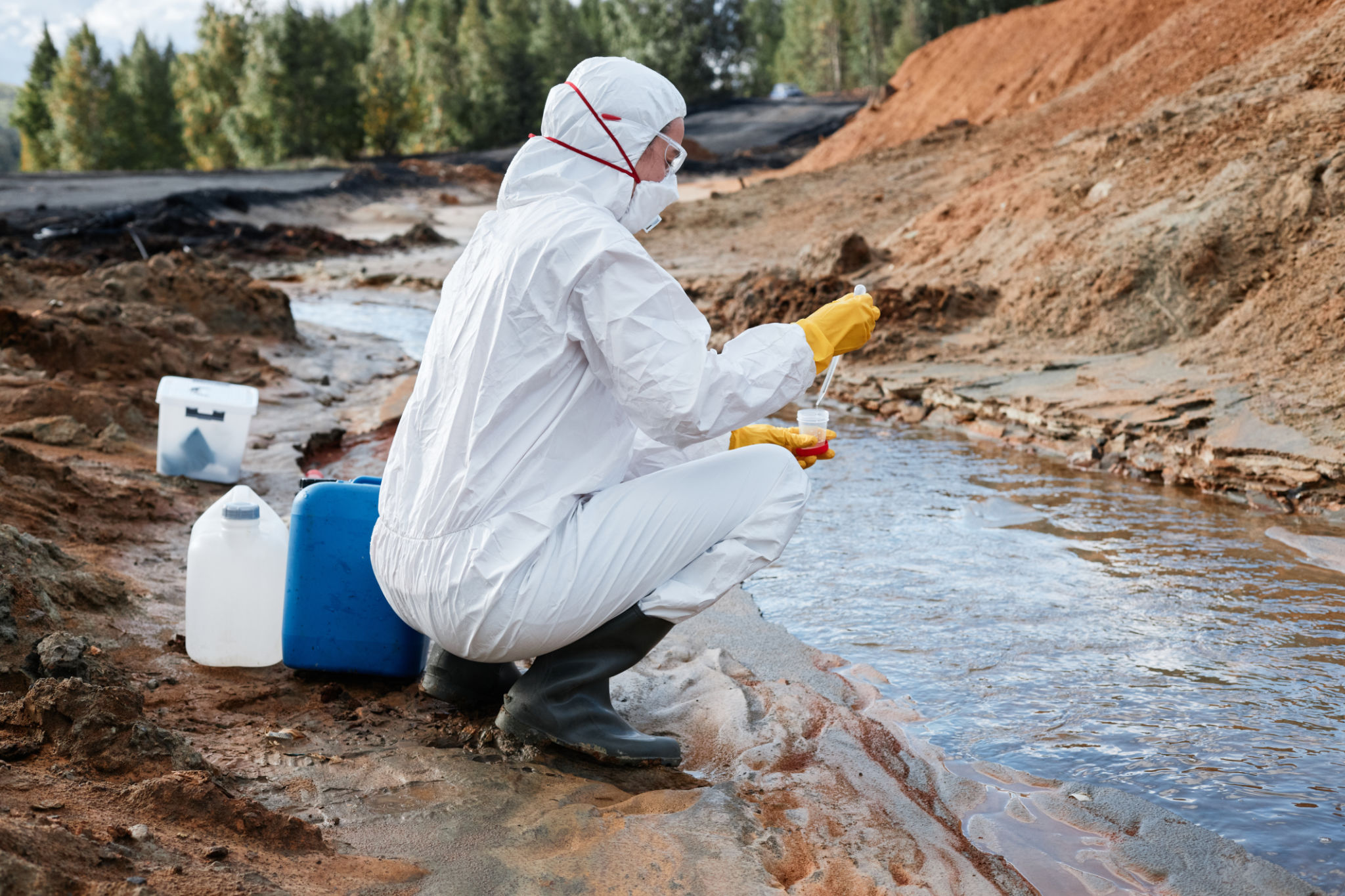Expert Insights: Common Lawn Care Mistakes and How to Avoid Them
Overwatering Your Lawn
One of the most common mistakes in lawn care is overwatering. While it may seem like more water leads to a greener lawn, too much of it can drown grass roots and promote fungus growth. Most lawns only need about 1 to 1.5 inches of water per week, including rainfall.
To avoid overwatering, invest in a rain gauge to monitor how much water your lawn is receiving. Additionally, water your lawn in the early morning to reduce evaporation and allow the grass to dry during the day, minimizing the risk of disease.

Mowing Mistakes
Improper mowing can also harm the health of your lawn. Cutting grass too short weakens the root systems and makes your lawn more susceptible to weeds and drought. A good rule of thumb is to never remove more than one-third of the grass height at a time.
Ensure your mower blades are sharp to make clean cuts, as dull blades can tear the grass, leaving it vulnerable to disease and pests. Regularly alternate your mowing pattern to prevent soil compaction.
Ignoring Soil Health
The health of your soil is crucial for maintaining a lush lawn. Neglecting to test and amend your soil can lead to nutrient deficiencies and poor grass growth. Conduct a soil test every few years to determine its pH level and nutrient content.
Based on the test results, apply the appropriate fertilizers and soil amendments. Organic matter such as compost can improve soil structure and provide essential nutrients naturally.

Incorrect Fertilization
Using too much or too little fertilizer can negatively impact your lawn's health. Over-fertilizing can cause nutrient runoff and harm the environment, while under-fertilizing can lead to weak grass growth. Follow a fertilization schedule based on your grass type and local climate conditions.
Consider using a slow-release fertilizer that provides nutrients over time, reducing the need for frequent applications and lowering the risk of burning your lawn.
Failure to Control Weeds
Weeds compete with grass for nutrients, light, and water, making it essential to control them effectively. Ignoring weeds can quickly turn a healthy lawn into a patchy one. Regularly inspect your lawn for weeds and remove them promptly.
Use pre-emergent herbicides in early spring to prevent weed seeds from germinating, and follow up with post-emergent treatments as needed. Maintaining a dense, healthy lawn is also one of the best ways to prevent weed invasions naturally.

Ignoring Seasonal Lawn Care Needs
Lawn care is not a one-size-fits-all task; it requires adjustments throughout the year to accommodate seasonal changes. For instance, lawns may require more frequent watering during hot summer months and less during cooler seasons.
Incorporate tasks such as aerating in fall to combat soil compaction and overseeding thin areas in early spring for optimal growth. Understanding how seasonal changes affect your lawn will help you tailor your care practices accordingly.
Poor Pest Management
Pests such as grubs and insects can wreak havoc on your lawn if not managed properly. Regularly inspect your lawn for signs of pest activity, such as brown patches or increased bird activity.
If pests are detected, identify them accurately and use targeted treatments to address the issue. Integrated pest management techniques, which combine cultural, biological, and chemical controls, can be effective in minimizing pest damage.

Lack of Lawn Care Knowledge
A lack of understanding about proper lawn care can lead to mistakes that are easily avoidable. Educate yourself on the specific needs of your grass type and local climate conditions to develop a tailored care plan.
Consulting with local lawn care experts or joining gardening groups can provide valuable insights and resources that will help you maintain a healthy, vibrant lawn year-round.
